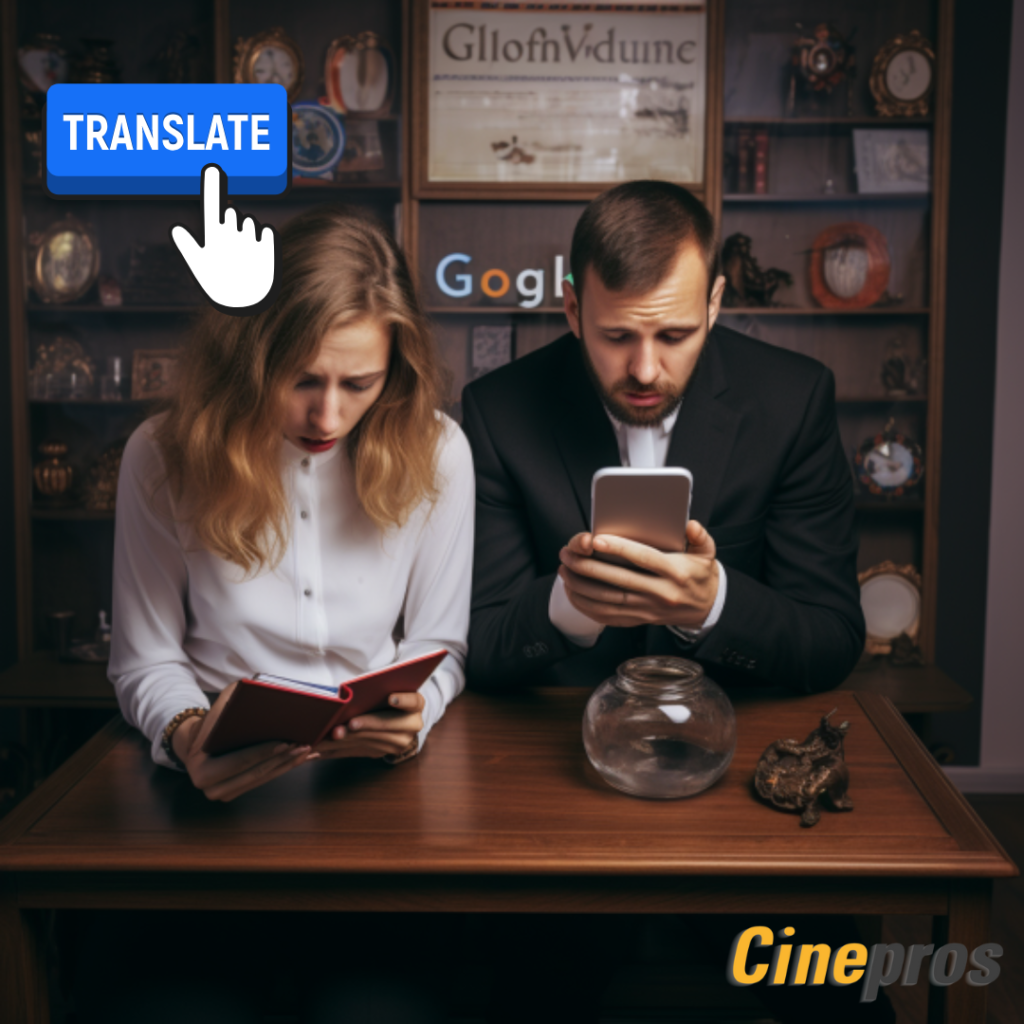How bad can things get with a bad translation? Let’s take a look. Well, imagine that IKEA once named a children’s table “Gutvik,” which happened to mean “good sex” in German. Of course, they had to change the name promptly. Or what about when Coca-Cola entered the Chinese market, they tried to transliterate the name into Chinese characters, which ended up meaning “Bite the Wax Tadpole” or “Female Horse Fastened with Wax.” Eventually, they corrected it to “Kekou Kele,” which roughly means “Tasty Fun.” Let’s not forget Coca-Cola’s fizzy counterpart. Something similar happened to Pepsi in Taiwan when their slogan, “Come alive with the Pepsi Generation,” was translated into Chinese as “Pepsi brings your ancestors back from the dead.” Not exactly the intended message!

Poor punctuation can prove to be equally problematic. For example, in Canada, signs for a café reading “Menu à la carte” were mistakenly translated to “Menu, card a la” due to missing accents, completely changing the meaning from “à la carte menu” to “menu, card here.” Doesn’t roll off the tongue quite as well.
We’ll never know if these calamities were the result of shoddy translation or unchecked machine translation. Sure, Google Translate can help you when you’re traveling and in a pinch, but when it comes to achieving high-quality, structured translations, it’s like trying to perform brain surgery with a butter knife. Let’s start with some simple phrases to see how Google can miss the target. The main issue is its tendency to lack nuance and context. It doesn’t understand idiomatic expressions or cultural subtleties, often resulting in awkward or inaccurate translations. Imagine trying to express the intricacies of a heartfelt message, navigate complex legal documents, or capture the essence of a literary work with a tool that simplifies language to a robotic level. While Google Translate has its uses, it can’t replace the expertise of a human translator who can understand the full depth and meaning of a text, ensuring it resonates with the intended audience in a way a machine simply can’t replicate.
But too much text, and very short proofs. So let’s feed a few lines to Google Translate, just to see how awry things can go. And since we’re in the world of movies and TV, we’ll see how Google Translate might turn famous lines into unintentional comedy gold.
“The Terminator” (1984):
Iconic Line: “I’ll be back.”
Google Translated to German and back to English: “I could come back.”
Not quite as memorable as Arnie’s original line, is it?
“The Godfather” (1972):
Memorable Line: “I’m gonna make him an offer he can’t refuse.”
Google Translated to Italian and back to English: “I’m going to propose an offer that he could not refuse”
Sounds more like a business meeting than a mafia masterpiece!

“Star Wars: Episode IV – A New Hope” (1977):
Legendary Line: “May the Force be with you.”
Google Translated to Yoda-ish English and back: “With you, be the Force.”
Even Yoda would raise an eyebrow at this one.
So, the next time you’re working on a crucial translation project, writing a heartfelt message, or just trying to enjoy your favorite foreign film, remember that there’s no substitute for the human touch. Embrace the beauty of language and appreciate how translators who can navigate the linguistic arts and ensure that your words are not lost in translation. And if you’re looking for any professional translation, don’t doubt to contact us, at Cinepros we’ll be happy to help you with any upcoming projects!



